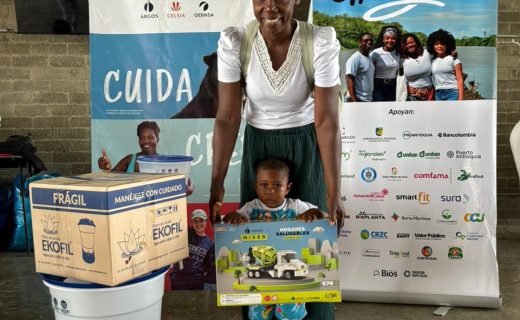

Grupo Argos Foundation
More than 270 people in Alta Guajira will receive homes that honor their Indigenous culture
26 May 2025- The construction of the 30 homes began in July 2024 and is expected to be completed in the first half of 2025. They are being built with natural and locally sourced materials, following a model designed to suit the region’s conditions and respect the culture of its inhabitants.
- Through this partnership, more than 270 people from the Indigenous communities of Kayuswaaralu and Naleep in Alta Guajira will gain access to dignified housing after losing their homes to Hurricane Julia in 2022.
- The Miiroku project is made possible through the joint efforts of Grupo Argos Foundation; Cementos Argos, through its social enterprise Casa para Mí; Fundación Santo Domingo; Grupo AVAL via Fundación Corficolombiana; and the National Government through Fonvivienda.
Before the end of the first half of the year, more than 270 people from the Indigenous communities of Kayuswaaralu and Naleep in Alta Guajira will be able to enjoy new homes that improve their quality of life thanks to the Miiroku project—an alliance between Grupo Argos Foundation; Cementos Argos, through its social venture Casa para Mí; Fundación Santo Domingo; Grupo AVAL, through Fundación Corficolombiana; and the Ministry of Housing.
Miiroku combines dignified housing solutions with sustainable construction practices that celebrate the cultural identity of the Wayuú people.
The project, which includes the construction of 30 homes, is already over 80% complete. It marks a milestone in the social and environmental transformation of the region by integrating homes designed to meet the needs and traditions of the Kayuswaaralu and Naleep Indigenous families in Alta Guajira. These homes are adapted to the local climate, featuring structures that maximize rainwater collection—an essential and scarce resource in the area.
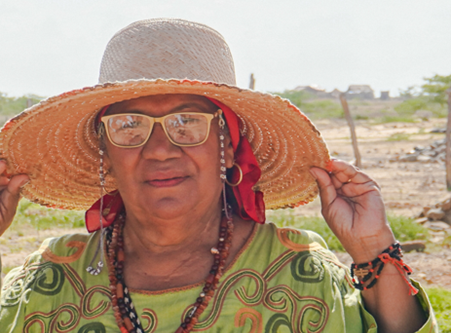
“Witnessing the results of this project in our territory takes us back to the powerful fabric of shared willpower woven between the public sector, the private sector, and us as a community. We always believed in the outcome of this great project, and today we can confirm that it is indeed possible to work with the Wayuú when commitments are made with the purpose of improving the living conditions of every family.”
Conchita Iguarán,
Community leader
Homes Designed to Respect Traditions
In addition to addressing local climate and cultural conditions, the homes are designed to strengthen community life. They include spacious areas such as the enramada—a traditional open space where families gather to share knowledge and customs around weaving, coffee, and oral storytelling. These spaces are twice the size of those found in standard social housing and help preserve key traditions of the Wayuú people, such as the use of the yotojoro, the chinchorro, or the hammock as central elements of daily life.
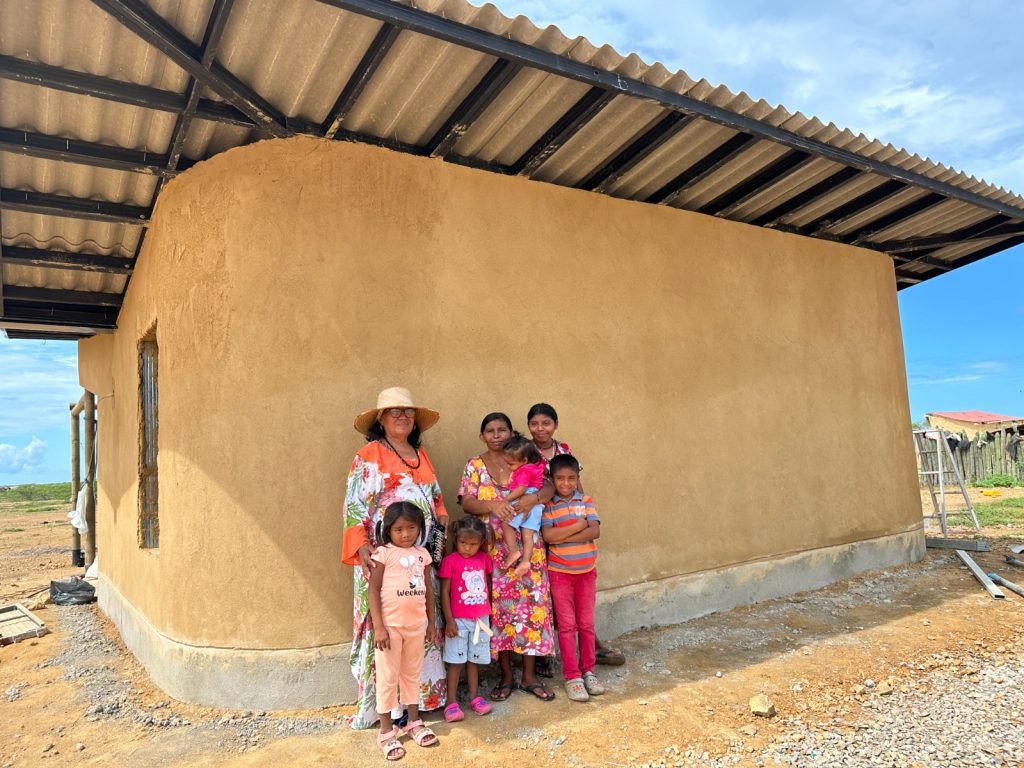
Mas noticias
-
 Grupo Argos Foundation
Grupo Argos Foundation -
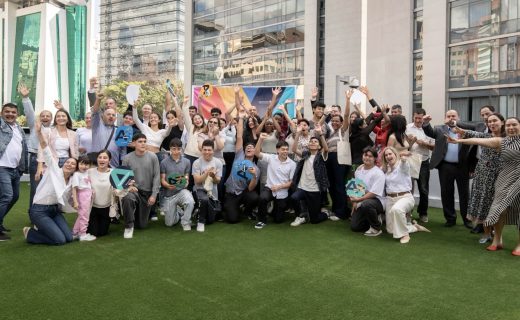 Grupo Argos Foundation
Grupo Argos FoundationNew higher education opportunities: 21 scholarship recipients join Generación A, the education fund created by Grupo Argos and EIA, EAFIT and CES Universities
9 December 2025 Read more -
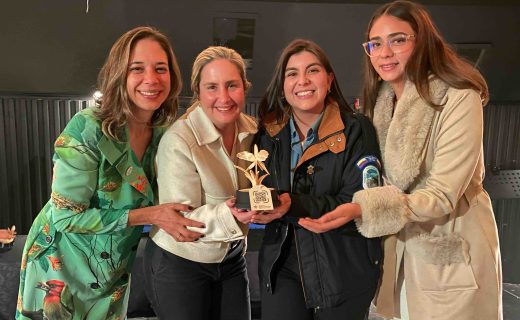 Grupo Argos Foundation
Grupo Argos Foundation“Río Saldaña, una cuenca de vida”, led by Grupo Argos Foundation and national and international partners, was recognized for its contribution to the protection of environmental heritage
3 December 2025 Read more -
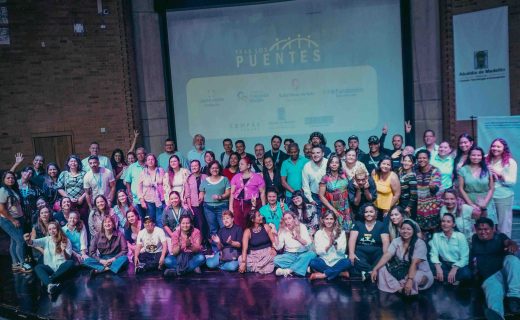 Creamos Valor Social
Creamos Valor SocialMedellín’s City Hall and six private partners launch Tras los Puentes, a program to strengthen social and cultural collectives.
4 July 2025 Read more -
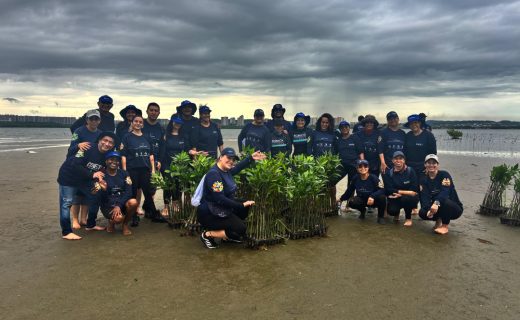 Grupo Argos Foundation
Grupo Argos FoundationMore than 13,600 people benefited from the territorial transformation initiative Vamos Puerto Colombia.
19 June 2025 Read more
